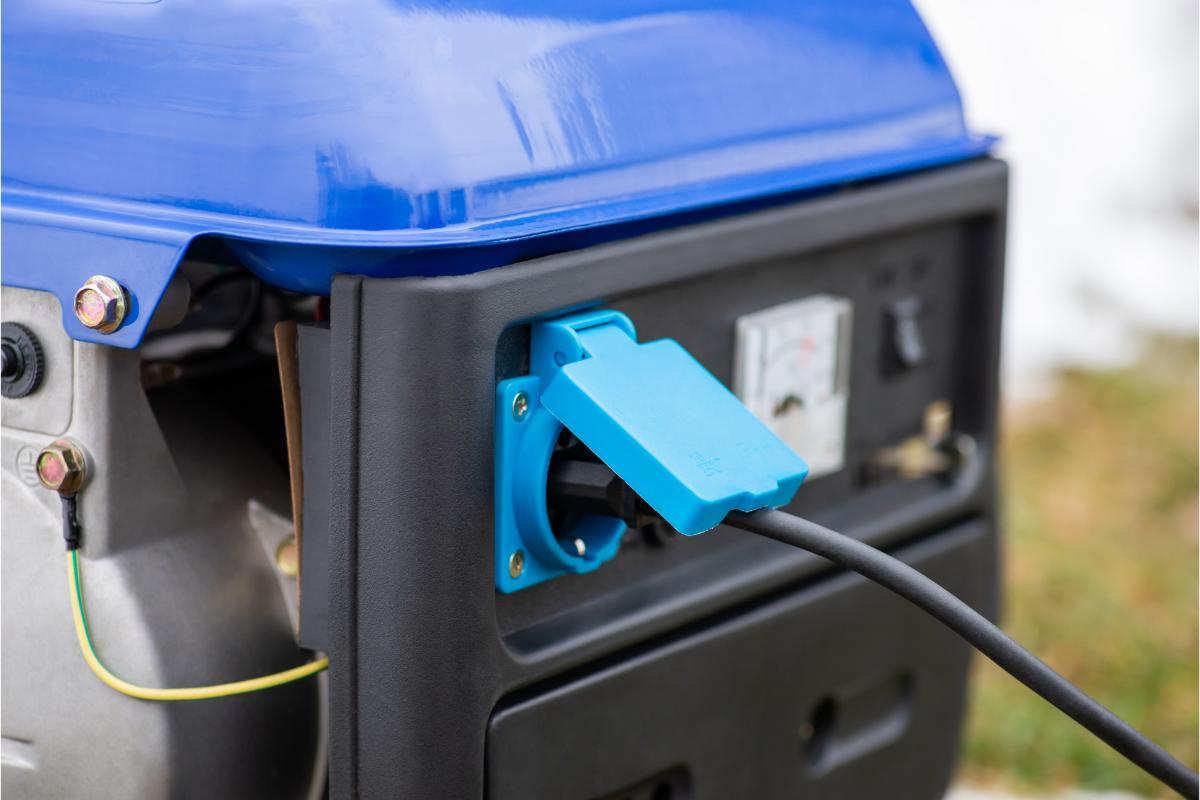Navigating Generator Sizing: Finding the Perfect Fit for Your Midwest Property

Living in the Midwest brings with it its fair share of weather-related challenges, from blizzards to thunderstorms and everything in between. While we can’t control the weather, we can certainly prepare for it. One essential aspect of preparedness is ensuring you have a reliable backup power solution in place. Below, our generator size guide will dive into the nuances of generator sizing to help you determine the right size generator for your property.
Understanding Generator Sizing
Generator sizing is a critical aspect of backup power solutions, especially in regions like the Midwest where weather-related power outages are common. The size of the generator you need depends on various factors, including your property’s power requirements, the electrical load, and the Midwest climate considerations. The larger your property, the more electricity you need and the larger your generator will have to be.
Before selecting a generator, it’s crucial to assess your property’s power requirements. Make a list of essential appliances and systems you want to keep running during a power outage, including heating and cooling systems, refrigerators, lights, and medical equipment. Conduct an electrical load calculation by finding the total wattage to determine the size of the generator needed to support your electrical load.
Residential and commercial properties have different power requirements, and therefore, may require different generator sizes. Residential generator sizing focuses on meeting the essential needs of the household, while commercial generator sizing may need to support additional equipment and systems essential for business operations.
Understanding Generator Capacity: kW vs. kVA
Generators, the backbone of backup power solutions, come with ratings denoted in kilowatts (kW) or kilovolt-amperes (kVA), each representing distinct facets of power capacity. kW, or kilowatts, signifies real power – the actual usable power that a generator can deliver to your property’s electrical system. On the other hand, kVA, or kilovolt-amperes, represents apparent power, encompassing both real power and reactive power, which accounts for the generator’s ability to support inductive loads such as motors and transformers. Understanding the difference between kW and kVA is essential for selecting the right generator size to meet your property’s needs.
Considering Midwest Climate Considerations
The Midwest climate can vary widely, from freezing winters to sweltering summers. When sizing a generator for your Midwest property, consider the climate conditions and how they may affect your power requirements. Extreme temperatures can increase demand for heating or cooling systems, impacting your generator’s capacity needs. For instance, in the winter, you will likely need more heat in order to keep your home warm. This will require extra energy from the generator, increasing its size.
Emergency Preparedness and Standby Generator Sizing
Backup power solutions are a crucial component of emergency preparedness plans for both residential and commercial properties. Standby generators provide automatic backup power during outages, ensuring uninterrupted power supply when you need it most. Sizing a standby generator involves considering factors such as voltage regulation, fuel consumption, and efficiency to ensure reliable performance during emergencies.
During a power outage, it’s essential to prioritize power usage to prevent overloading the generator. Load shedding involves temporarily shutting down non-essential appliances to reduce the electrical load and prevent the generator from becoming overloaded. Understanding peak demand and load shedding strategies can help optimize your generator’s performance. It might also help you to determine whether a smaller sized generator might work, based on the amount of electricity you will actually need.
Generator Installation Tips and Maintenance
Proper installation and generator maintenance are essential for ensuring the reliable operation of your generator. Work with a qualified electrician or generator installer to ensure the generator is correctly sized and installed according to local building codes and regulations. Regular maintenance, including fuel checks, oil changes, and inspections, is vital for preserving generator efficiency and longevity.
Install a Generator Now
Selecting the right size generator for your property is essential for ensuring reliable backup power during outages. Don’t wait until the next outage to take action – invest in a backup power solution today and enjoy peace of mind knowing you’re prepared for emergencies.
Midwest Generator Solutions (MGS) is proud to offer the highest quality of backup power solutions from Generac, Kohler, and Briggs & Stratton for residential and commercial use. When you need reliable backup power, you need MGS! We’re Indiana’s go-to service provider for expert generator installation, maintenance, and repair services.
Contact us today to schedule an appointment for a FREE, no obligation consultation and take the first step toward being ready to power on when the power goes out!
CONTACT US!
We Sell, Install and Service Generators

